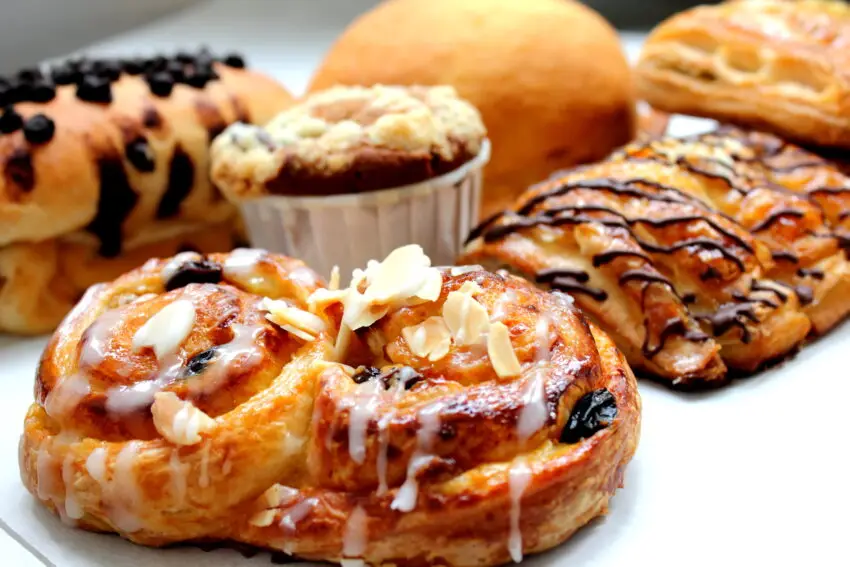In the face of ongoing economic challenges, Brits are increasingly turning to small luxuries, often referred to as the ‘sweet treat economy’, to lift their spirits. Recent data from Barclaycard reveals a 1% rise in consumer card spending for August, following two months of decline. Nearly half of those surveyed (47%) continue to indulge in minor luxuries, even as they try to cut back in other areas.
Karen Johnson, Head of Retail at Barclays, highlights a trend of consumers seeking retail therapy for mood enhancement. Baked goods have emerged as the most popular affordable treat, influenced by social media trends such as the viral ‘Dubai chocolate bar’ and the ‘crookie,’ a fusion of a croissant and a cookie, both of which have experienced a surge in sales.
This uptrend in feel-good spending aligns with what is termed the ‘lipstick effect,’ a theory developed by Leonard Lauder, former chairman of Estée Lauder. The theory suggests that during difficult times, people turn to affordable luxuries. For instance, lipstick sales soared following the 9/11 attacks, despite an overall decline in beauty sales.
Barclaycard’s data indicated a substantial 7.3% increase in spending at health and beauty retailers in August, the largest rise since January 2023. This tendency to spend on minor luxuries persists amidst grim economic predictions from Downing Street. Chancellor Rachel Reeves recently pointed to a £22 billion ‘black hole’ in the nation’s finances, and Prime Minister Sir Keir Starmer has described the country as ‘broke and broken.’
Despite bleak forecasts and warnings of a ‘painful’ upcoming Budget, consumer confidence has oddly improved. Barclaycard’s survey revealed a five percentage point rise in confidence in August, with 70% of respondents feeling more secure in their household finances and 73% more confident in living within their means than the previous month. This boost in optimism is possibly linked to the Bank of England’s first interest rate cut in four years, with economists predicting further reductions.
Ms Johnson expressed optimism about future spending, stating, ‘It’s encouraging to see that Brits are feeling noticeably more confident in their personal finances – a strong indicator of future spending as we approach the crucial festive period.’
Retail spending showed positive signs for the first time since March, with a slight increase of 0.1%. Garden centres saw an 8% rise in spending, benefiting from the sunny weather, while grocery spending climbed by 1.9%, marking the largest jump since March. However, spending at clothing shops fell by 1.7%, likely due to adverse weather conditions, including Storm Lilian.
Barclaycard also noted a growing awareness among consumers of ‘double-dip’ shrinkflation, where product sizes reduce multiple times without a corresponding price drop—or even accompanied by price increases. Commonly reported products include chocolate, crisps, biscuits, snack bars, and sweets, as companies try to sustain profits amidst rising manufacturing and labour costs.
The surge in spending on small luxuries amid difficult economic conditions indicates a complex interplay between consumer behaviour and economic sentiment. While financial forecasts remain pessimistic, the rise in consumer confidence and retail therapy through affordable luxuries like baked goods and beauty products reveal how Brits are finding ways to maintain morale.

